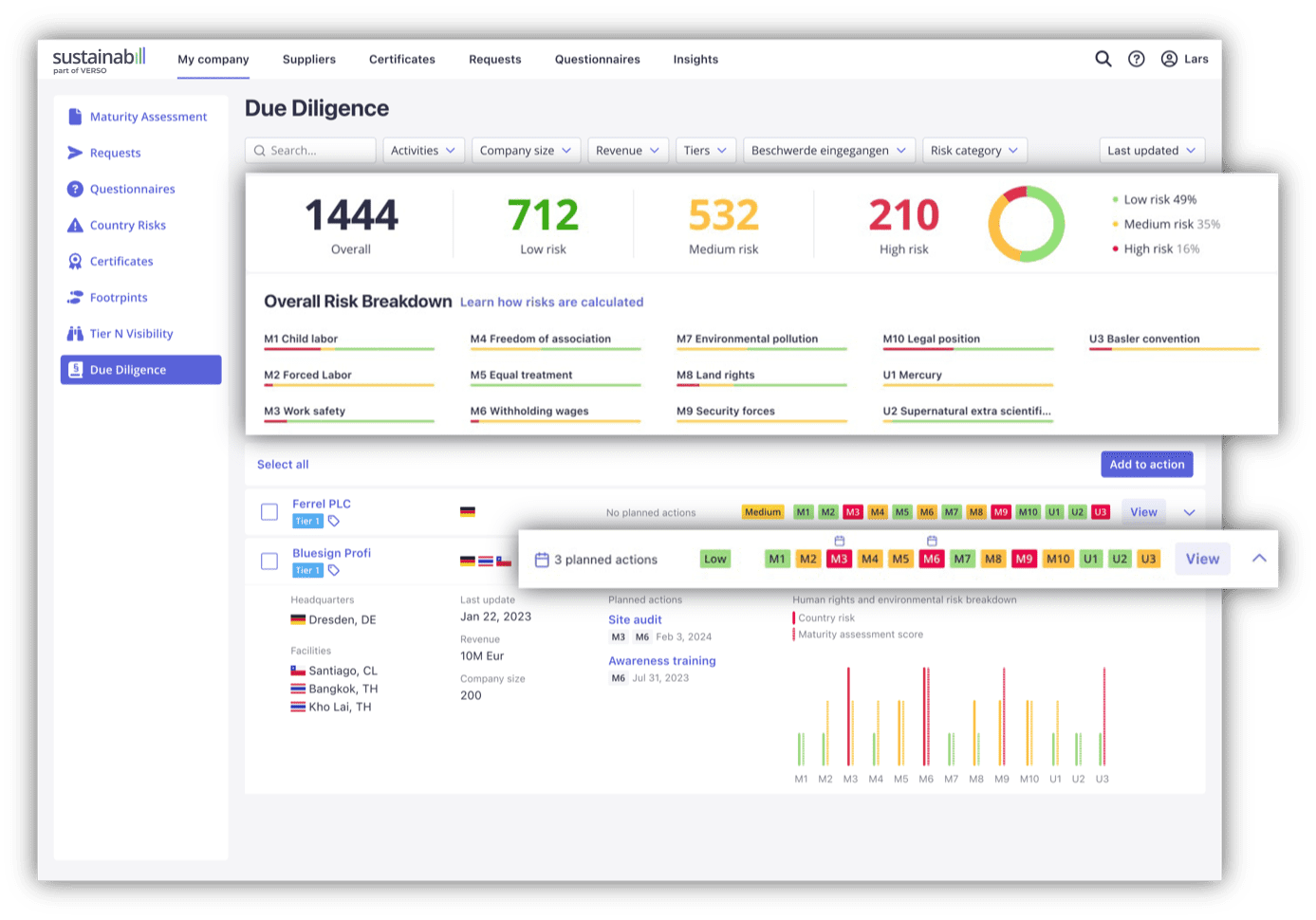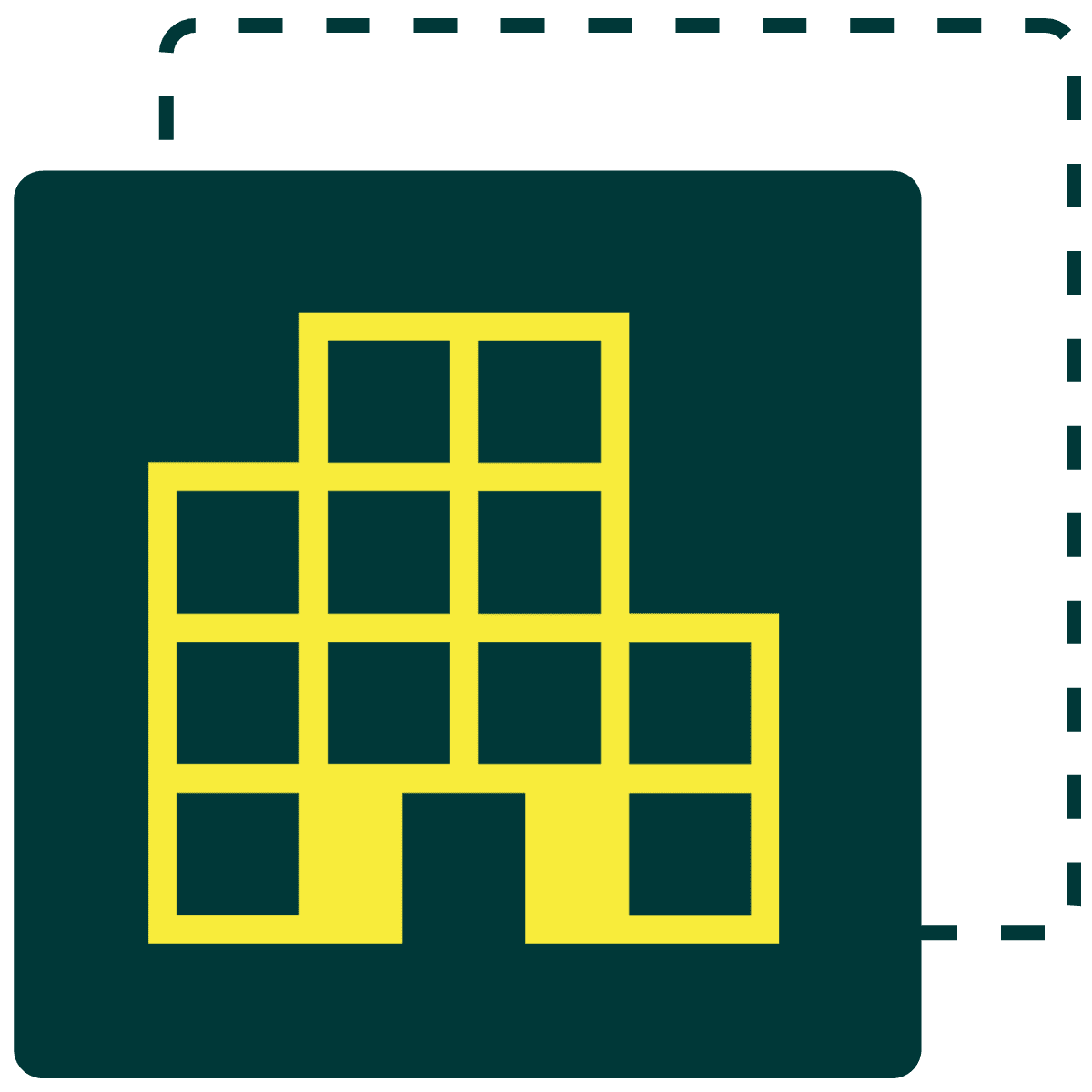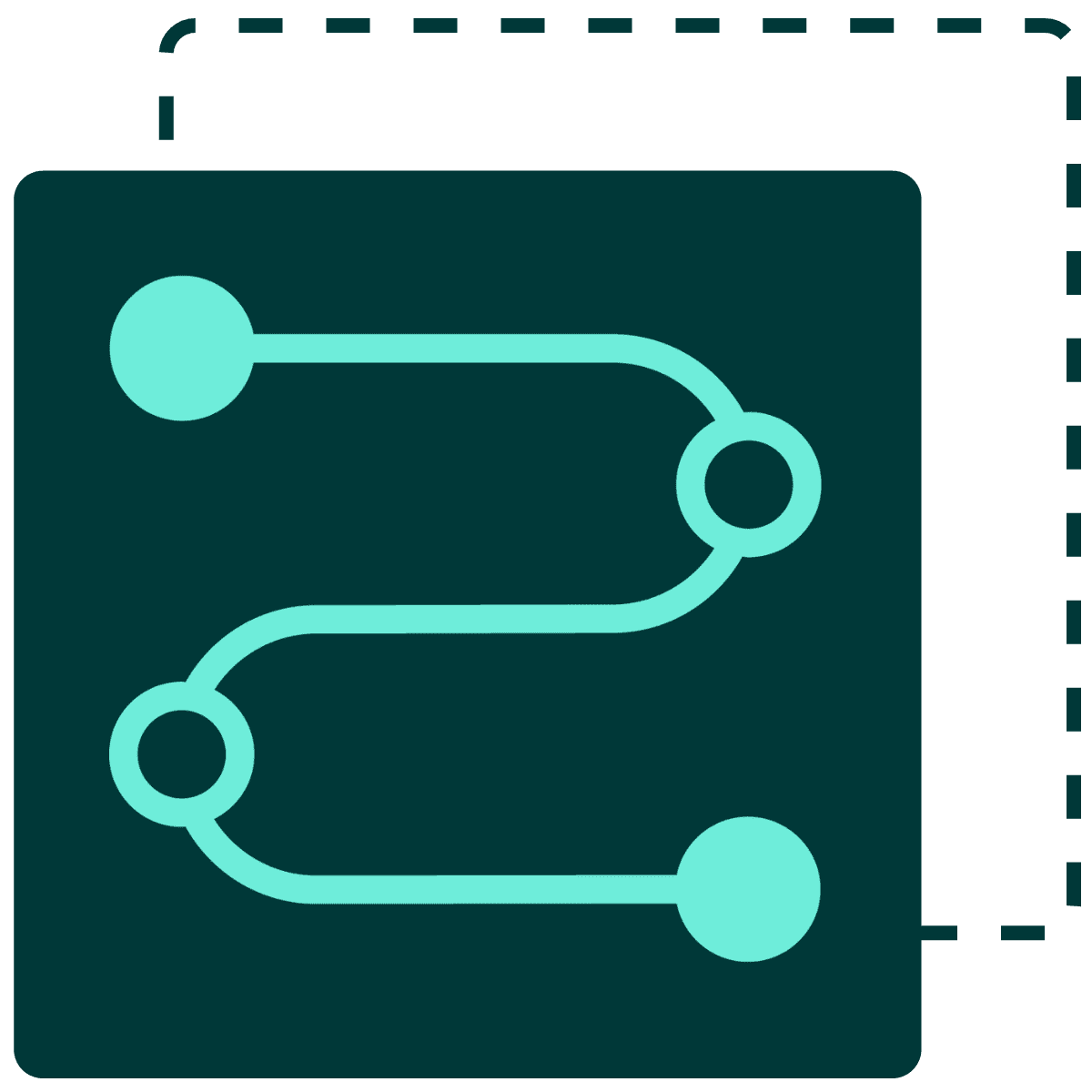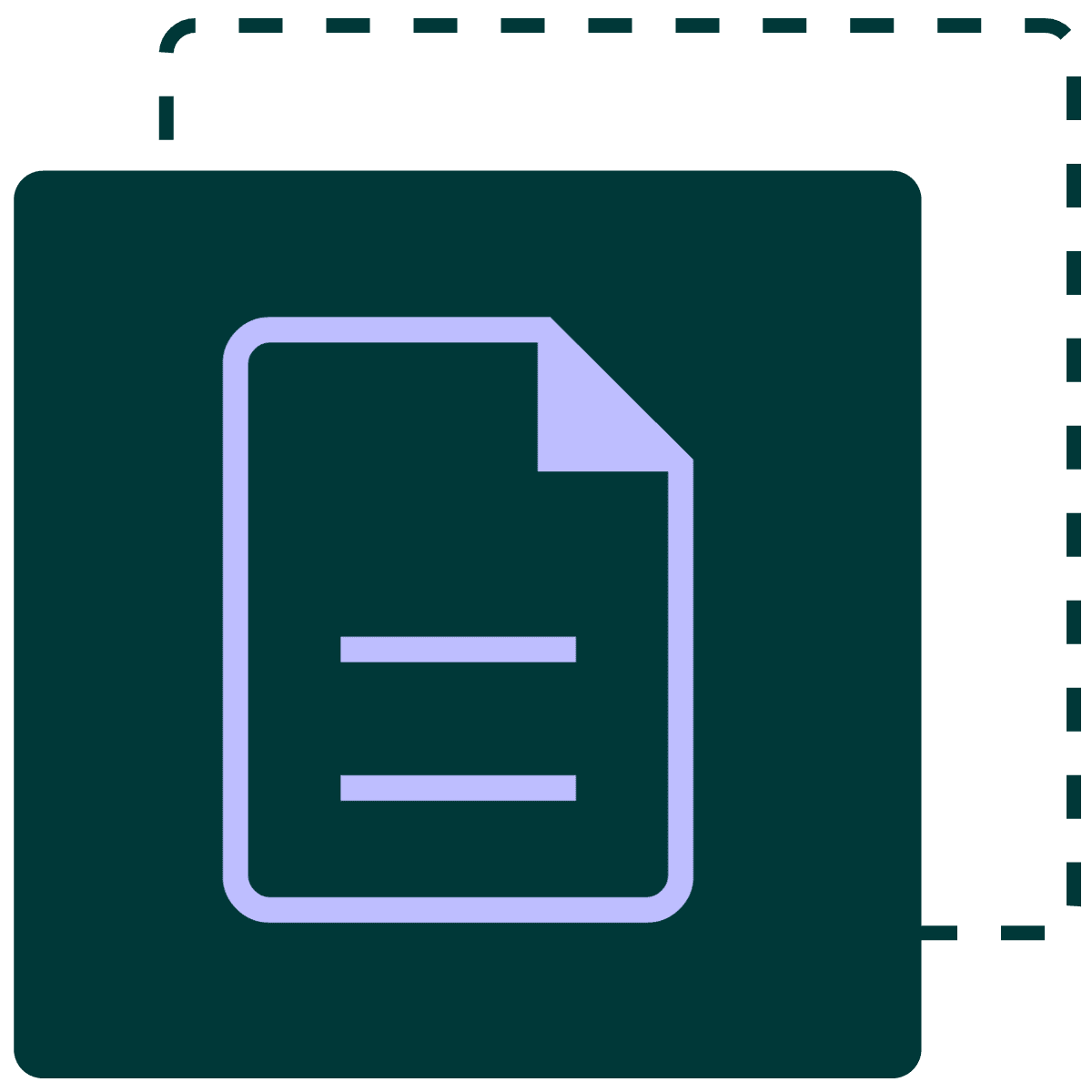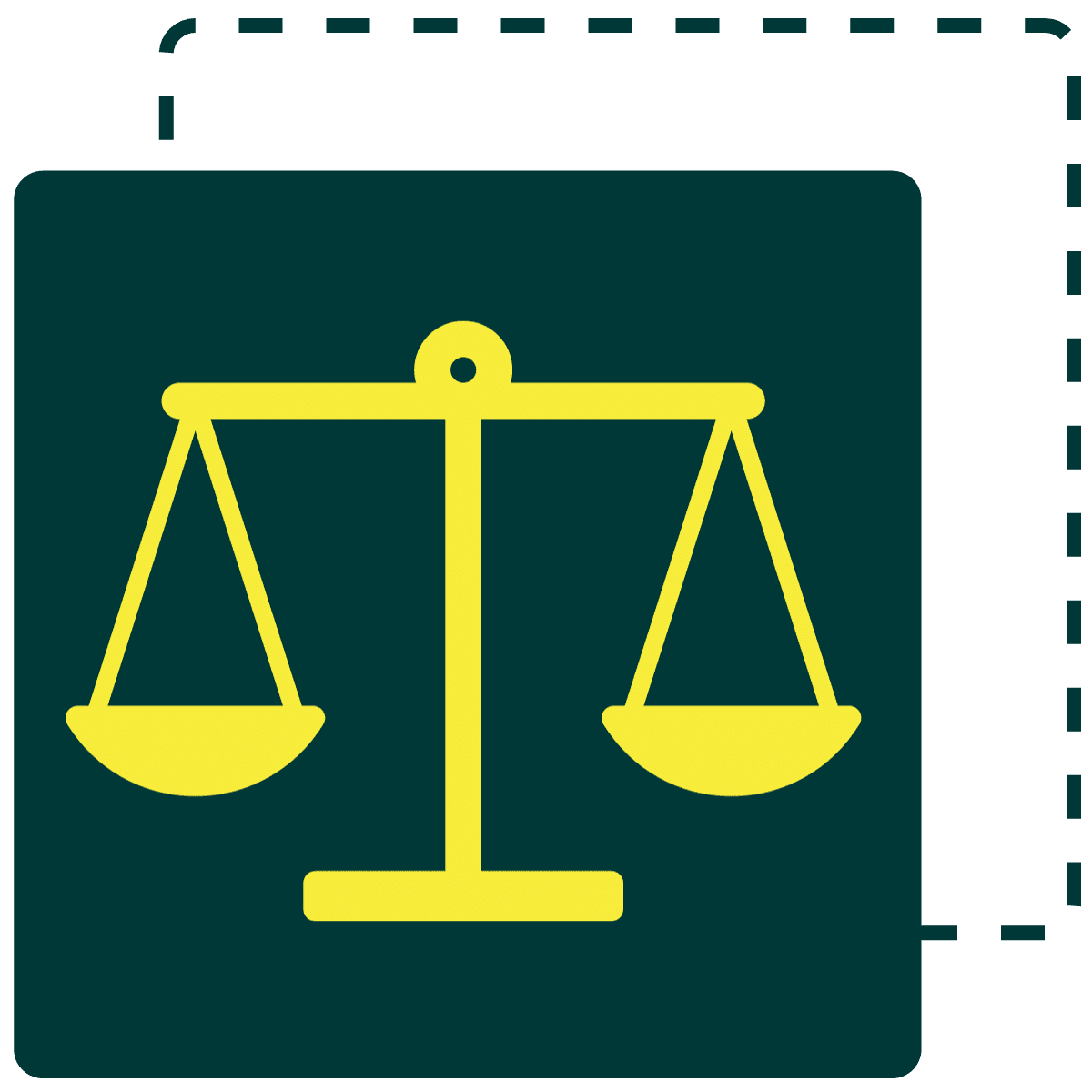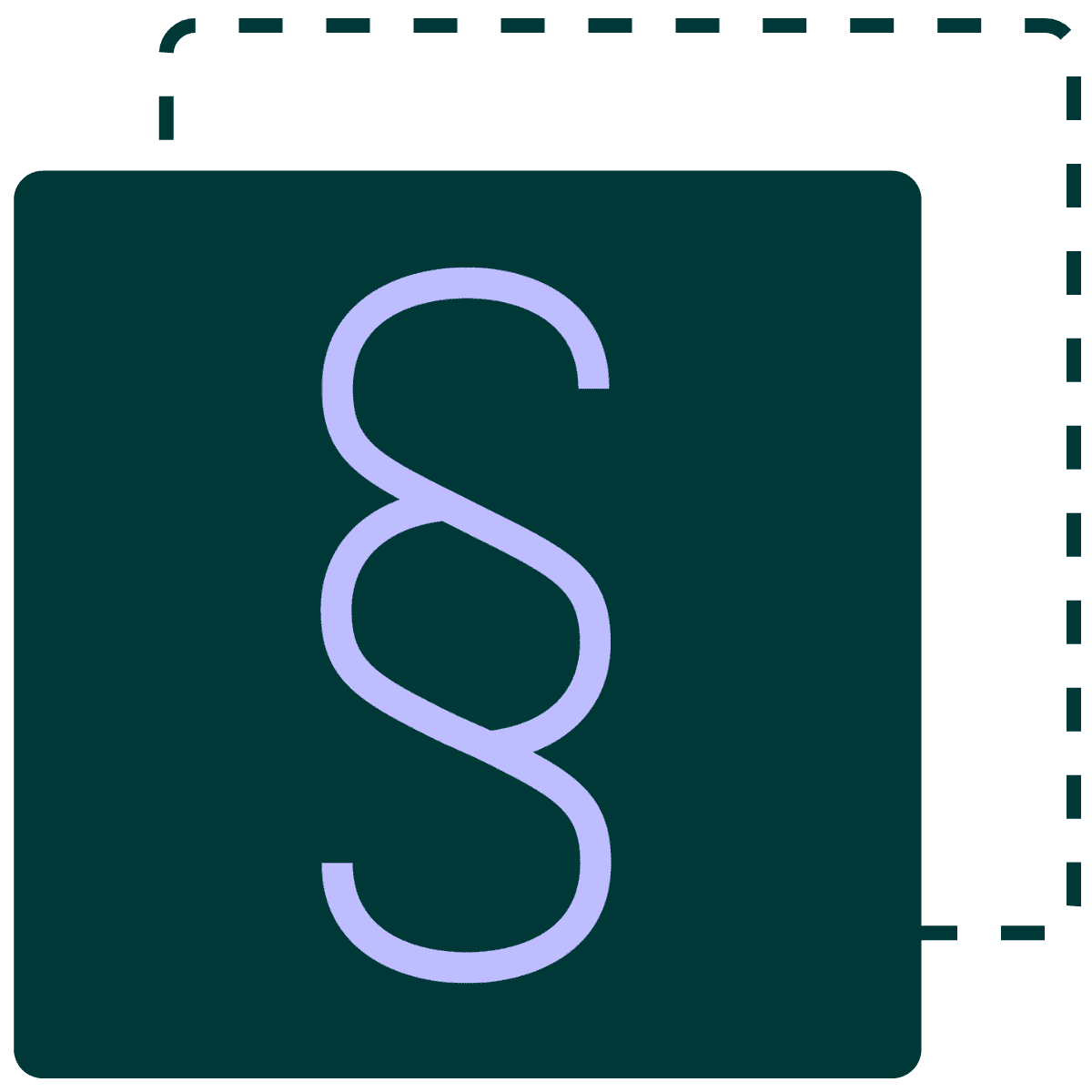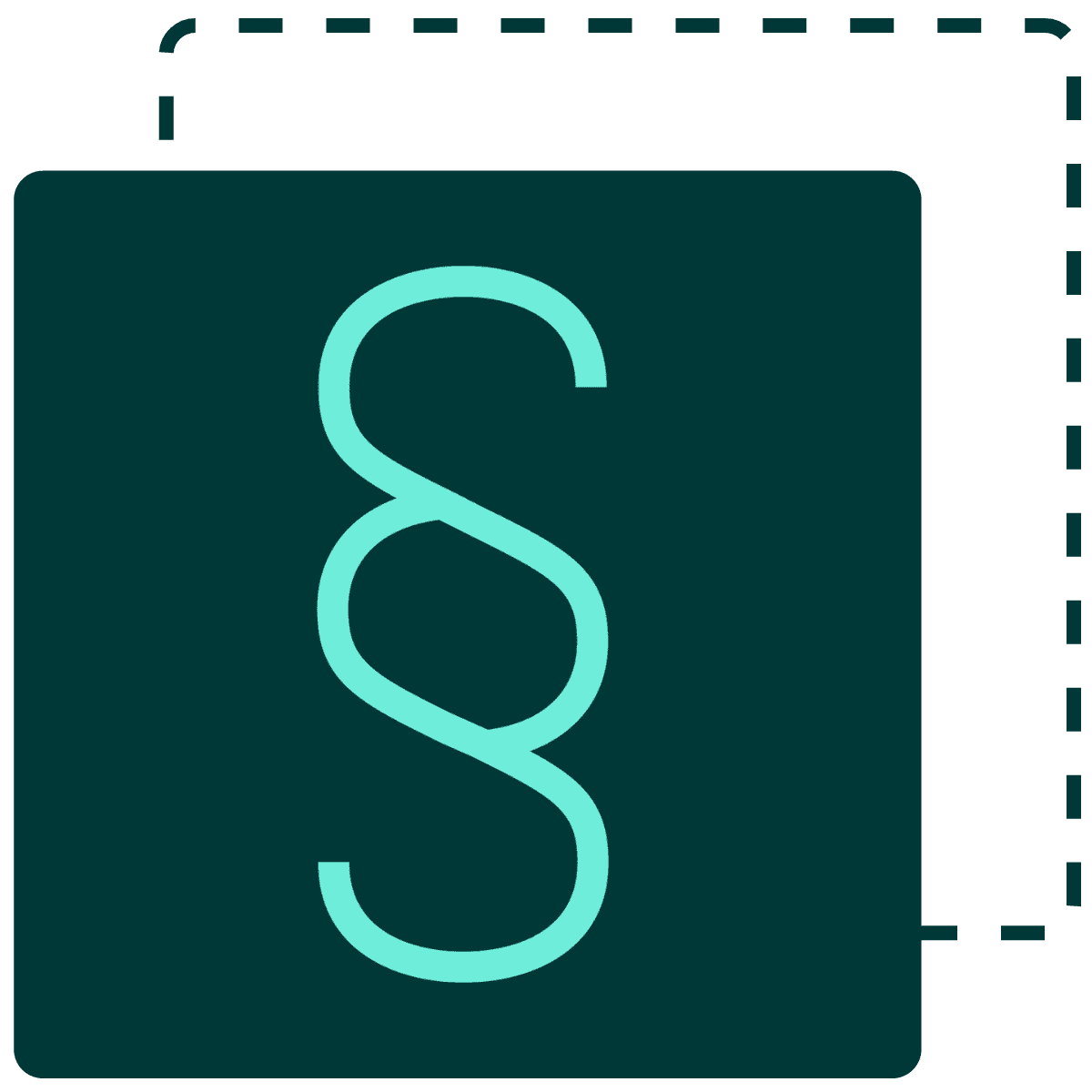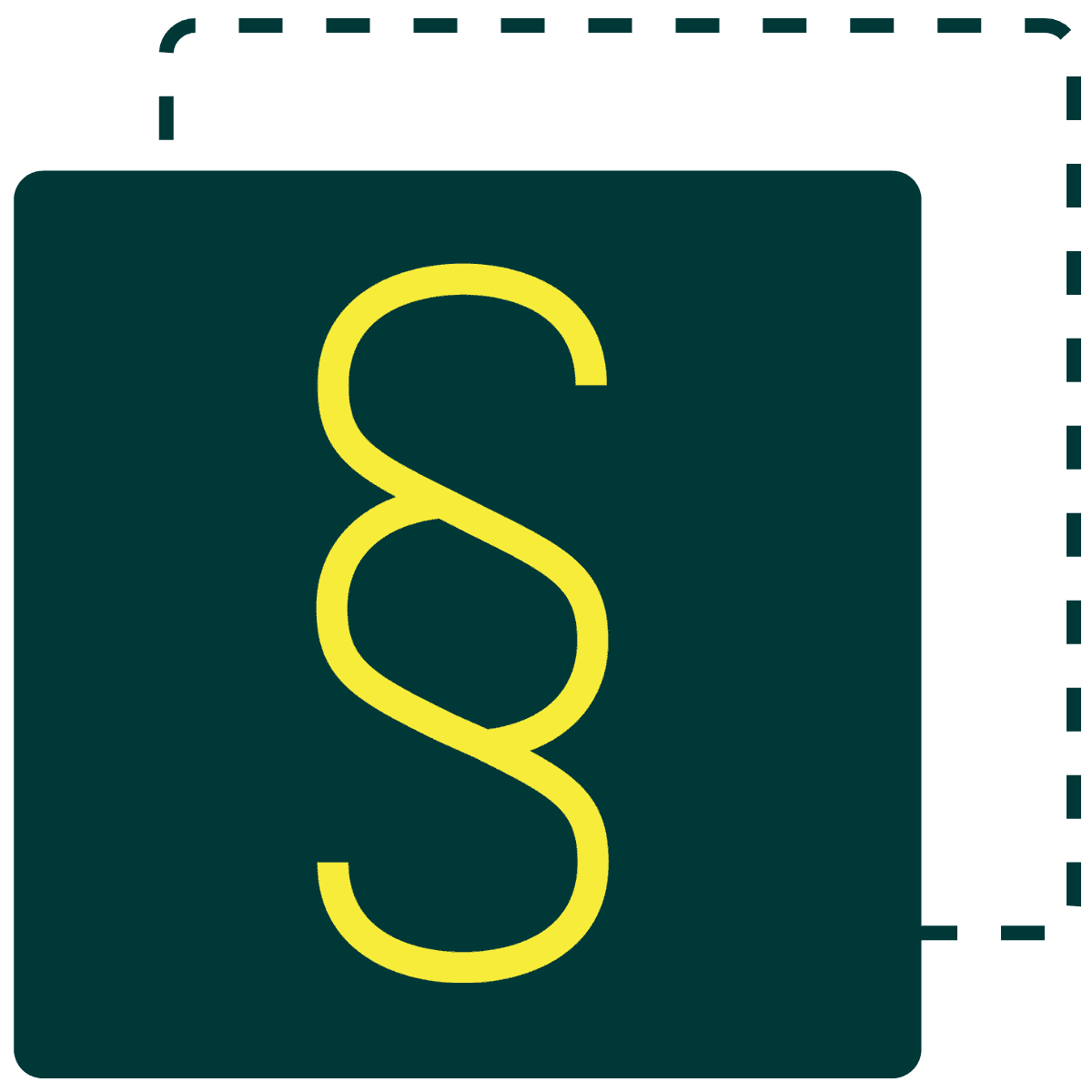Automated implementation of the Supply Chain Act with VERSO
With the VERSO Supply Chain Platform for sustainability in the supply chain, you can implement the Supply Chain Sustainability Obligations Act (LkSG) and the requirements of the BAFA in your company in a pragmatic, legally compliant and automated manner. From risk analysis to reporting.


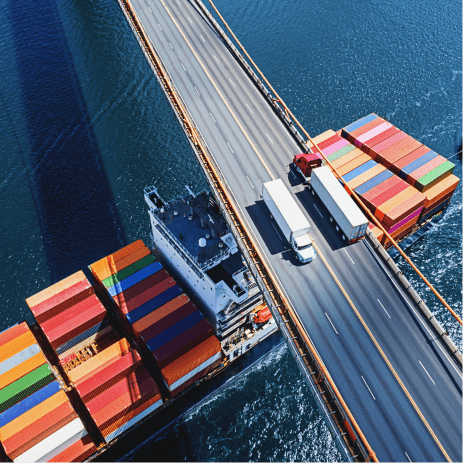
LkSG-compliant supply chains: What matters
The VERSO Supply Chain Hub makes it possible to efficiently implement legal sustainability requirements – such as those of the Supply Chain Duty of Care Act – and to manage ESG risks holistically. With the platform, you achieve an automated analysis of your entire supplier base for fast and efficient implementation of current and future regulatory requirements.
With regard to the Supply Chain Act, affected companies must comply with their human rights and certain environmental due diligence obligations in an appropriate manner. The fulfillment of these obligations is a major cost driver for purchasing.
What is required?
- Adoption of a declaration of principles
- Setting up risk management
- Carrying out a risk analysis
- Anchoring prevention measures
- Creation of remedial measures in the event of violations
- Establishment of a complaints procedure
- Documentation and annual reporting

What does the purchasing department have to consider when implementing?
A proactive and holistic risk management system in the supply chain is crucial in order to efficiently fulfill due diligence obligations.
Risk management should be based on the requirements of the “UN Guiding Principles on Business and Human Rights”. The principles were adopted in 2011 with the aim of combating child labor, exploitation and slavery and anchoring more responsibility for the observance of human rights in companies.
Not only is the Supply Chain Due Diligence Act based on these requirements, but also all national and future standards in the area of due diligence. To this end, it is also important to enable transparency in the upstream supply chain, especially as this is where the greatest risks usually lie dormant.
